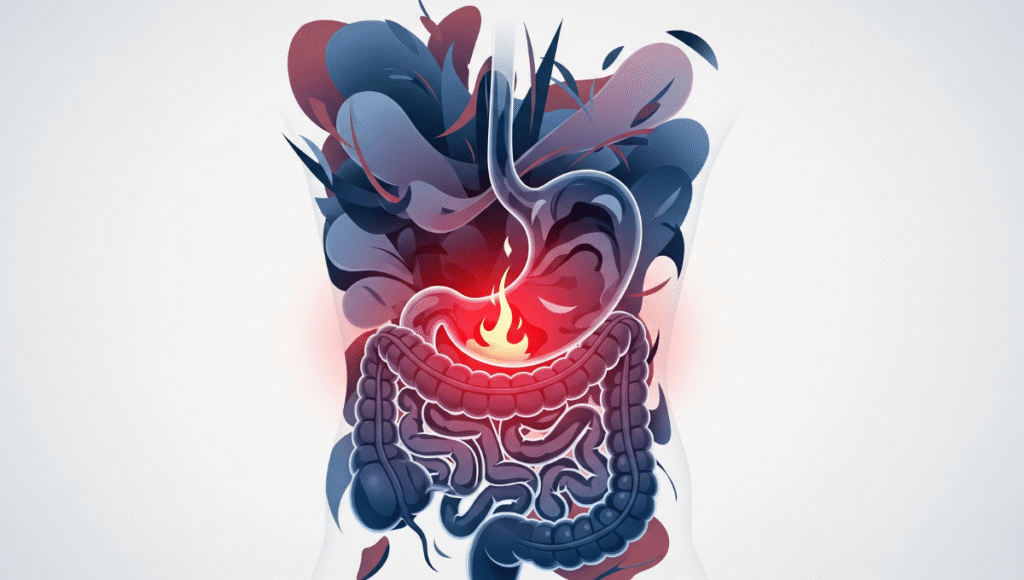Gastroshiza is a term that has recently entered the medical lexicon, yet many people are unfamiliar with its meaning and implications. It describes a complex gastrointestinal condition characterized by inflammation, discomfort, and functional disturbances within the stomach and upper digestive tract. Gaining a clear understanding of gastroshiza is essential for early detection, effective management, and maintaining overall digestive health.
Symptoms and Signs of Gastroshiza
At its core, gastroshiza presents with a variety of symptoms, including pearsistent abdominal pain, bloating, acid reflux, nausea, and irregular bowel movements. These symptoms often overlap with other common digestive issues, making accurate diagnosis critical for appropriate treatment.
Causes and Risk Factors
The root causes of gastroshiza are multifaceted, involving factors such as dietary habits, stress levels, microbial imbalances, and underlying health conditions like gastritis or ulcers.
Diagnosing Gastroshiza
Diagnosing gastroshiza involves a comprehensive approach that includes detailed medical history, physical examinations, and diagnostic procedures like endoscopy, blood tests, and imaging studies. These tools help healthcare professionals pinpoint the exact nature of the inflammation or dysfunction, enabling personalized treatment plans.
Treatment and Management Strategies
Treatment strategies typically combine medication—such as antacids, anti-inflammatory drugs, or antibiotics—with lifestyle modifications. Dietary adjustments, stress management, and incorporating probiotics can significantly support the healing process and improve symptoms.
Prevention and Lifestyle Tips
Prevention of gastroshiza centers around maintaining a healthy lifestyle. This includes consuming a balanced diet rich in fiber, avoiding irritants such as spicy or greasy foods, managing stress through relaxation techniques, and staying adequately hydrated. Regular medical check-ups are vital, especially for individuals with a history of digestive issues or persistent symptoms, to prevent progression and complications.
Living with Gastroshiza: Empowerment and Care
Living with gastroshiza requires awareness and proactive management. Recognizing early warning signs and seeking prompt medical attention can lead to more effective treatment outcomes. Empowering oneself with knowledge about this condition helps in making informed decisions about diet, lifestyle, and healthcare. With proper care and lifestyle adjustments, managing gastroshiza becomes achievable, leading to better digestive health and an improved quality of life.
Conclusion: Taking Control of Your Digestive Health
In summary, gastroshiza is a manageable but often misunderstood condition. Through comprehensive understanding, early diagnosis, and personalized treatment, individuals can control symptoms and prevent long-term complications. Prioritize your digestive health by staying informed and consulting healthcare professionals when necessary—your gut health depends on it.

